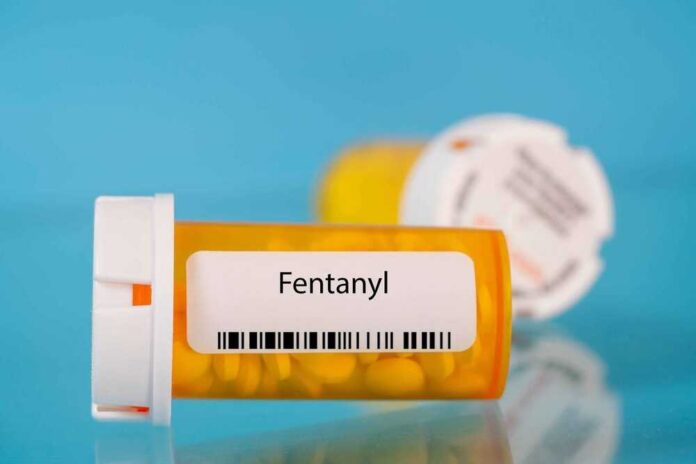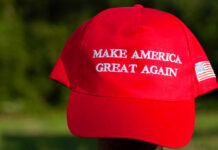
A top Senator is accusing communist China of intentionally poisoning Americans through its control of part of the fentanyl trade. Sen. Joni Ernst (R-IA) spoke this week about Beijing’s negative contributions to the domestic fight against addiction.
Republican Sen. Joni Ernst accused China of "intentionally poisoning" Americans by not stopping the supply chain networks that produce fentanyl. "We have to work with our Mexican counterparts to push back against the cartel and the Chinese," she said. pic.twitter.com/eMRLvKk05W
— CBS News (@CBSNews) February 11, 2023
Ernst spoke to CBS News, explaining that China’s control of the ingredients necessary to create fentanyl is contributing heavily to the wave of overdoses in the United States.
For Ernst, the effort is intentional on China’s behalf, stating that “of course, the Chinese don’t want to assist us with this.”
The Iowa Republican called for significant changes, including controlling the flow of ingredients for the dangerous opioid traveling from China to Mexico.
According to the senator, there is a need for closer cooperation between Washington and its counterparts in Mexico City. “We can’t continue to lose our youth to this fentanyl epidemic,” she said in the interview.
Ernst is not alone in her concern. Sen. Bill Hagerty (R-TN) released a statement calling for the State Department to be more transparent with data concerning Chinese involvement in the fentanyl trade.
The current drug crisis is further informed by actions by the White House. Conservative critics claimed that President Biden is not well-apprised about current drug addiction issues.
The president misstated the number of Americans affected by the current drug crisis in recent statements.
He also cited opioid overdoses in the State of the Union address last week. Upon this mention, Rep. Marjorie Taylor Greene (R-GA) shouted that fentanyl was coming from China.
President Biden recently discussed the fentanyl trade during a visit with Mexican President Manuel Lopez Obrador.
However, Biden did not do the same publicly during his remarks with Chinese President Xi Jinping last November. The White House claims that this was done privately, instead.
Concerns about Chinese control over much of the illicit drug trade are also linked to worsening U.S.-China relations. The discovery and shootdown of at least one Chinese spy balloon is another major point of contention between the two powers.
The White House is under increasing pressure among Republicans to take more public stances against what they call Chinese provocations. Statements such as Ernst’s are likely going to grow more common in the aftermath of increasing overdose deaths and the recent balloon incident.














